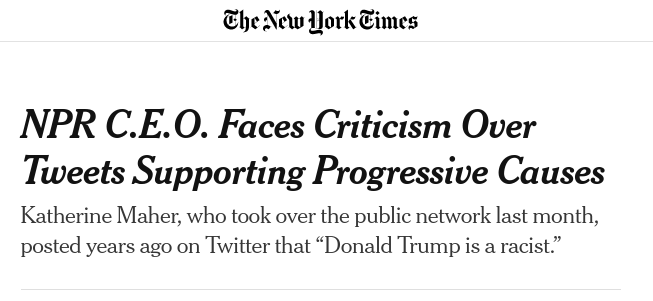In a month from now, I’ll be leaving Arizona State University to embark on a new (for me, anyway) phase of life — first, retirement from the Walter Cronkite School of Journalism and Mass Communication, where I’ve been a member of the faculty for the past 16 years; and second, a renewed focus on civic duty.
I’ll still be plenty busy. More on that below, and in upcoming posts.
ASU has been incredibly good to me. The Cronkite School’s founding dean, Chris Callahan, hired me in 2008. He persuaded me that he and ASU’s president, Michael Crow, intended to turn the school into the finest institution of its kind. I believe it did become that. I was fortunate to be there as it happened, and am grateful to have worked with such outstanding people: practitioners, scholars, and staff — and, not least, the inspiring students.
For the past decade or so my Cronkite focus has been on media literacy. In 2017, colleague Eric Newton and I co-founded something called the News Co/Lab. We then had the immense good fortune to put the project in the hands of Kristy Roschke, who has a PhD in media literacy and is one of the most effective people I’ve ever seen in getting stuff done. Kristy spearheaded the creation of bachelors degree in Digital Media Literacy, and her many other contributions to the Cronkite School — and the vital cause of media literacy — are extraordinary.
When Chris Callahan — now the president of the University of the Pacific — first approached me about coming to ASU, I asked some friends who were familiar with higher education what they knew about the place. One of them said that the university had a president whose goal was to blow up higher education and remake it for the 21st Century. That sounded useful!
ASU used to be considered a “party school” — but today it’s a powerhouse. Crow and his colleagues deserve enormous credit for fostering that emergence. But I think their greatest achievement lives in the way they defined university’s core principles. Here’s ASU’s mission statement:
ASU is a comprehensive public research university, measured not by whom it excludes, but by whom it includes and how they succeed; advancing research and discovery of public value; and assuming fundamental responsibility for the economic, social, cultural and overall health of the communities it serves.
Please read that carefully, if you haven’t seen it before. I believe the words “…not by whom it excludes, but by whom it includes…” go to the heart of what state universities, in particular, should be but far too often are not. ASU walks the talk, and the state of Arizona will be far, far better for it as time goes on — if state and national politics permit.
There’s a very real possibility that right-wing extremists and grifters will be in charge of the federal government after this year’s elections. One of their goals is to destroy public education as we know it. Trump and his acolytes — now in control of one of America’s two major political parties and many state governments — threaten far more than public education, of course. They’re aiming to bring down democracy itself.
Which brings me to what’s next on my personal agenda. Here’s my new mission statement, if you will:
I want to help people who are working to save democracy, and by extension freedom of expression, in part by helping journalism perform its most essential role.
I am absolutely convinced that journalism’s most essential role at this critical moment goes far, far beyond what it’s doing. The status quo in political (and related) coverage consists of sporadically noting that gosh-maybe-there’s-a-problem, while sticking mostly to journalistic business as usual. The status quo is journalistic malpractice.
It would be unfair not to note that at least a few journalists are meeting the challenge (and I highlight them whenever possible). But we have to see things clearly: Most media outlets are not coming close.
And even the best work, with exceedingly few exceptions, mostly falls short of a journalistic role — albeit a discomfiting one — that feels increasingly necessary: as outright activists in defense of democracy. (I believe journalism schools should also adopt this role as part of their own missions.)
Democracy needs more than journalists to survive, and it might fall even if they do become activists in its defense. But they should understand what their role will be if it does fall: They’ll either be collaborators with dictators, or members of the resistance.
What does my new mission statement mean in practice? I have a lot of ideas, and several specific plans. I’ll be describing them in more detail in upcoming posts here and elsewhere. Meanwhile, I’m having lots of conversations with people who understand the dangerous situation we face.
I never envisioned my “retirement” going this way. Nor, however, did I imagine that I would stop working at things I care about; binge-watching and binge-reading in a recliner was never the plan, either. In the end, we do what we can, when we must, and hope it makes a difference.
 One of journalism’s consistent flaws is ignoring relevant context.
One of journalism’s consistent flaws is ignoring relevant context.

 The journalistic malpractice shown above is routine for right-wing media, which amplifies tendentious talking points designed to discredit anyone who opposes the Trump cult and its retrograde campaign to take America back decades in social and economic justice.
The journalistic malpractice shown above is routine for right-wing media, which amplifies tendentious talking points designed to discredit anyone who opposes the Trump cult and its retrograde campaign to take America back decades in social and economic justice.